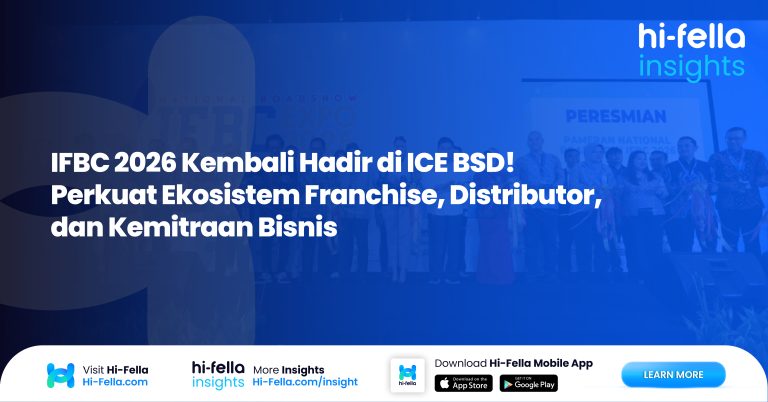Table of Contents
The business world is vast and full of opportunities. While it’s comfortable for companies to stick to their hometowns, many are lured by the promises of foreign lands. But why? Let’s dive deep and see the motivations behind such big moves.
Key Motivations for Stepping into Foreign Markets
Source: Pexels
- Market Growth
Often, companies find their home market saturated – this is a prime reason why do companies decide to enter a foreign market.
They can’t grow in their domestic domain anymore. Foreign markets provide fresh audiences and new demand, becoming a compelling reason for their products or services.
For instance, after dominating their domestic market, many tech companies look overseas for expansion.
Apple’s growth in places like China and India is a testament to this. According to Statista, these regions have contributed massively to their global sales in recent years.
- Diversification
It’s risky to rely on just one market. If something goes wrong there, the whole business can suffer. This is often why do companies decide to enter a foreign market.
By spreading their wings, companies can ensure they don’t have all their eggs in one basket. Entering foreign markets aids in balancing out the good and the bad times, further emphasizing the importance of understanding why companies venture overseas.
- Competitive Advantage
Sometimes, having a foreign presence can give a company a competitive edge. They might have a unique product unavailable in that market or offer it at a better price or quality.
For instance, Swedish company IKEA brought unique European designs in furniture to many Asian markets, setting them apart from local offerings.
Why Do Companies Decide to Enter a Foreign Market? Understanding the Benefits of Going Global
Source: Pexels
- Increased Revenue
By stepping into the international arena, businesses tap into a wider audience. The potential for growth multiplies, leading to a significant increase in sales and revenue.
As a report from McKinsey pointed out, businesses with a global presence often witness a spike in their profitability compared to those limited to domestic markets.
- Access to Resources
Delving into foreign markets isn’t just about selling but also sourcing. Different regions come with their unique resources – be it skilled manpower, exclusive raw materials, or state-of-the-art technology.
Citing a practical example, global automobile giants like Ford and Toyota have established bases in Africa and South America. One driving factor? These regions are rich in essential metals, making manufacturing more efficient and cost-effective.
The World Economic Forum has highlighted the importance of such strategic moves, especially in resource-intensive industries.
- Risk Diversification
Banking solely on a single market is like walking a tightrope without a safety net. Economic slumps, political upheavals, or sudden market shifts in one region can wreak havoc on a company’s financial health.
By branching out, companies place themselves in multiple baskets, ensuring that a crisis in one market doesn’t spell disaster for the entire enterprise.
This strategy of diversifying risk is not just a business principle; it’s a foundational financial concept, as explained by Investopedia.
- Innovation and Learning
When companies spread their wings globally, they’re exposed to diverse cultures, business methodologies, and consumer behaviors.
This exposure can lead to product, service, or process innovations as businesses learn and adapt from varied markets.
Why Do Companies Decide to Enter a Foreign Market? Examples of Successful Global Expansions
Source: Pexels
- McDonald’s: A Global Fast-food Phenomenon
Starting from the US, McDonald’s is now in over 100 countries. Their secret? Adapting to local tastes while maintaining their brand essence. You’ll find a Teriyaki Burger in Japan and a McSpicy Paneer in India!
- Amazon: Redefining Global Retail
Amazon started its journey in the US but quickly realized the potential of global markets. Their success in India and the UK is attributed to their massive product range, speedy delivery, and customer-focused approach.
Why Do Companies Decide to Enter a Foreign Market? Insights into the Future of Global Expansion
Source: Pexels
- E-Commerce: The World at Your Fingertips
The digital age has made global expansion more accessible than ever. Companies can now reach worldwide audiences without setting up physical stores.
Platforms like Alibaba and Shopify are a testament to the rising e-commerce trend. Shopify’s research shows that e-commerce will grow immensely in the coming years.
- Digital Markets: No Boundaries
With the rise of digital services, companies can easily offer products like software, music, or online courses to a global audience.
For instance, apps like Duolingo or platforms like Coursera have users from all over the world.
Conclusion:
“Why do companies decide to enter a foreign market?” The answer is evident in today’s interconnected world. The globe is shrinking, presenting boundless opportunities. International expansion with the right approach can lead to significant success for visionary companies.
If you’re keen on exploring such global opportunities or want to learn more about international markets, Hi-Fella is the platform to amplify your business connections. Dive into the world of global business with confidence!








